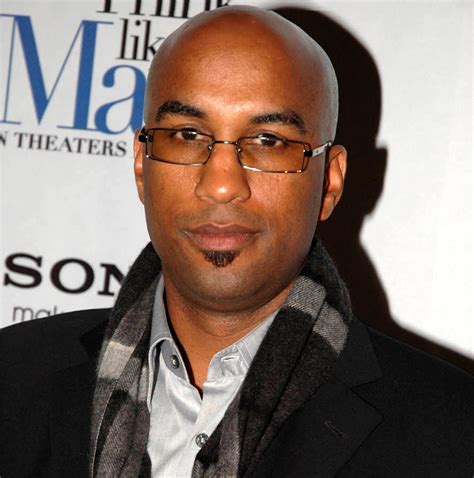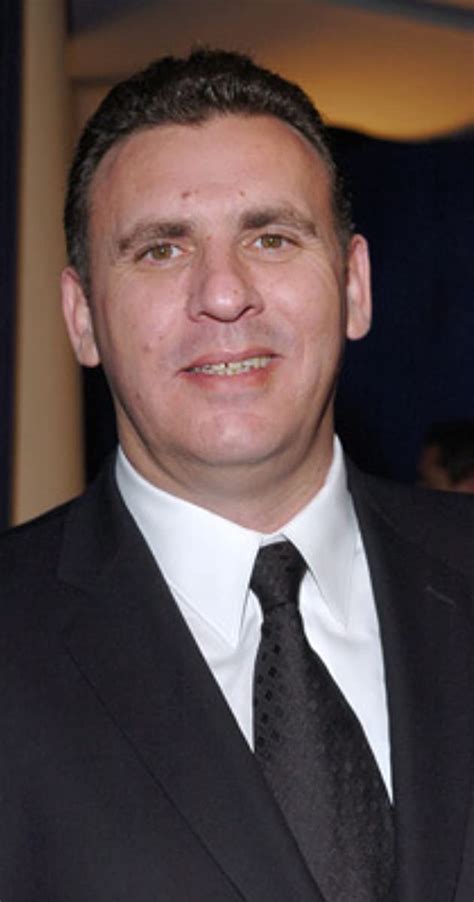Цитата Джорджа В. Хиггинса
Персонажи рассказывают вам историю. Я не рассказываю вам историю, они собираются это сделать. Если я сделаю это правильно, вы получите всю историю.
Связанные цитаты
Я думаю, что у людей должна быть история. Когда вы рассказываете историю, большинство людей не являются хорошими рассказчиками, потому что они думают, что это о них самих. Вы должны сделать свою историю, какую бы историю вы ни рассказывали, их историей. Таким образом, вы должны научиться хорошо рассказывать историю, чтобы они могли идентифицировать себя в вашей истории.
Вы должны сделать три вещи действительно хорошо, чтобы сделать успешный фильм. Вы должны рассказать захватывающую историю, которая имеет непредсказуемую историю, которая держит людей в напряжении, когда они не могут дождаться, чтобы увидеть, что произойдет дальше. Затем вы наполняете эту историю действительно запоминающимися и привлекательными персонажами. А затем вы помещаете эту историю и этих персонажей в правдоподобный мир, не реалистичный, но правдоподобный для истории, которую вы рассказываете.
В каждой истории есть недостатки, каждая история может измениться. Даже после того, как он сдан в печать, между обложками книги, история не застрахована от изменений. Люди могут продолжать рассказывать это по-своему, запоминая это так, как они хотят. И в каждом рассказе может меняться концовка или даже начало. Неизбежно, в одних случаях будет хуже, а в других может быть и лучше. Ведь история принадлежит не только тому, кто ее рассказывает. Оно в равной мере принадлежит и тому, кто слушает.
Когда учитель актерского мастерства говорит ученику, что «это была нечестная работа» или «это казалось ненастоящим», что это значит? В жизни мы редко бываем «правдивыми», «честными» или «настоящими». А персонажи в пьесах почти никогда не бывают «правдивыми», «честными» или «настоящими». Что именно учителя подразумевают под этими словами? Более полезный вопрос: какую историю рассказывал актер в своей работе? Актер всегда рассказывает историю. Мы все постоянно рассказываем истории. Сюжет: вот и все.
Таким образом, «экспериментальный» писатель просто следует командам рассказа в меру своих человеческих способностей. Писатель — это не история, история — это история. Видеть? Иногда это очень трудно принять, а иногда слишком легко. С одной стороны, есть писатель, который не может смотреть в лицо своей судьбе: рассказывание истории не имеет к нему никакого отношения; с другой стороны, есть тот, кто слишком хорошо смотрит на это: что рассказ истории не имеет к нему никакого отношения.
Я думаю, что когда я рассказываю историю, я делаю все, что в моих силах, чтобы рассказать историю настолько полно, насколько я могу, и если в истории случаются различные переломы, то это как раз то, что нужно истории. в противоположность моему поиску различий в одной истории. Они просто действительно существуют. Во всяком случае, для меня.





































